Statement by Inclusion London about Heidi Crowter’s legal challenge of the Abortion Act (Easy Read)
This statement is about Inclusion London’s view only. It is not about the views of all Deaf and Disabled People’s Organisations.
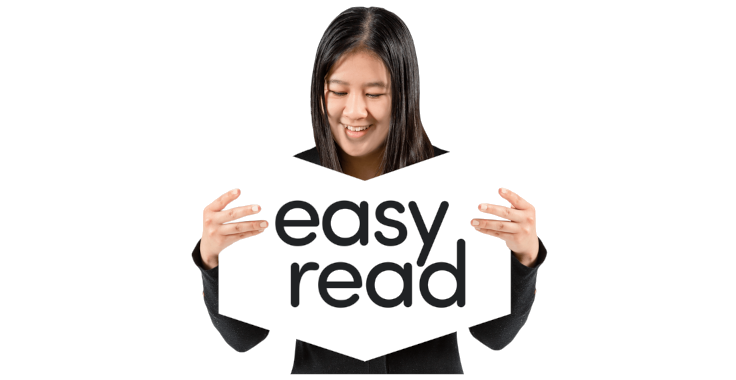
This statement is about Inclusion London’s view only. It is not about the views of all Deaf and Disabled People’s Organisations.

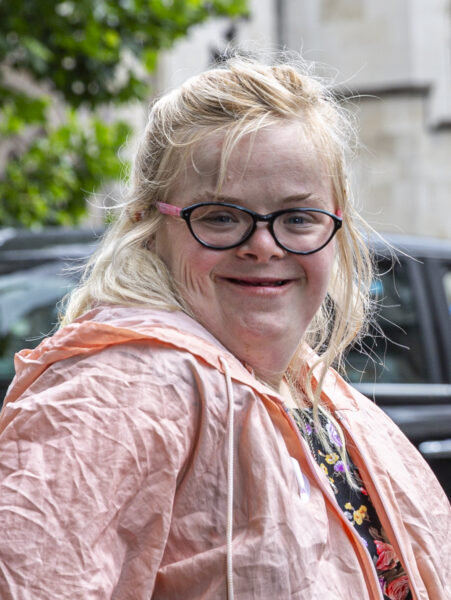
Heidi Crowter made a legal case against the Abortion Act.
She argued that the Abortion Act discriminated against Disabled people.
She wanted it changed.
Abortion means when someone chooses to end a pregnancy. They might take medication or have surgery to stop the pregnancy.
Discrimination here means when people are treated unjustly or unfairly because of the group they belong. So, disability discrimination is when people are treated unfairly or unjustly because they are disabled.
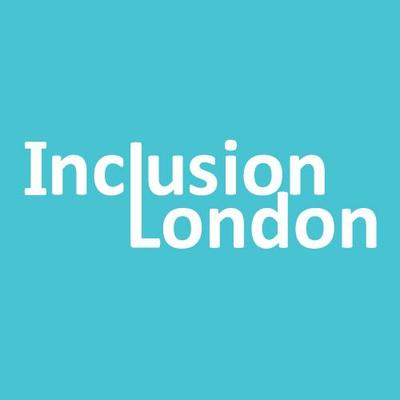
This page is about what Inclusion London thinks about the court case.
This is not what all Disabled people think.
It is not what all Deaf and Disabled People’s Organisations think.
It is just what Inclusion London thinks.
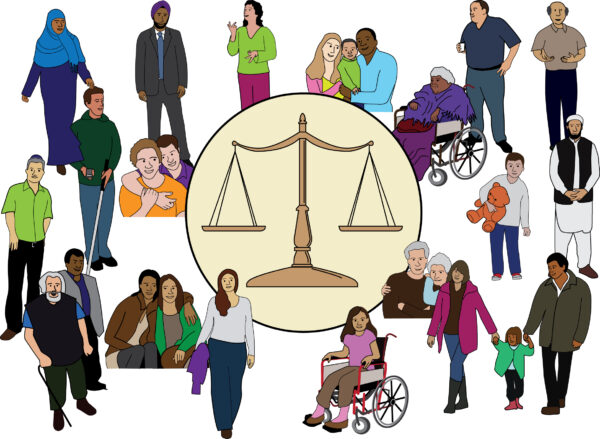
Inclusion London are against all types of discrimination.
We are against all types of inequality.
We want an end to sexism, racism, homophobia, transphobia and ableism.
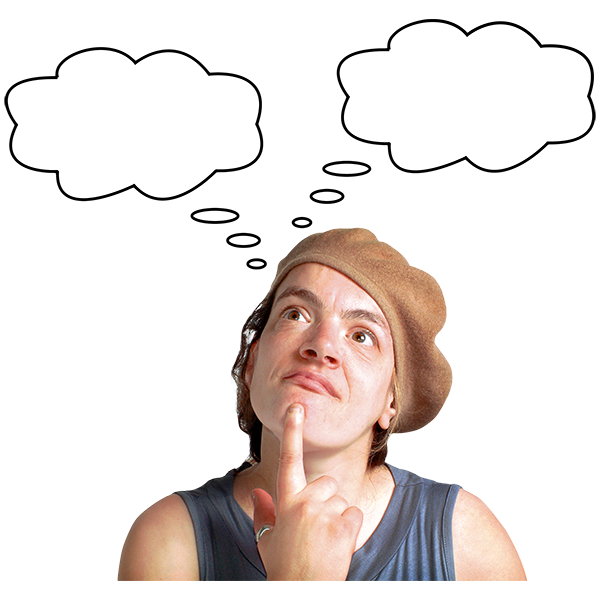
We also want people to have full choice over their lives and bodies.
We want people to have control over what happens in their lives and to their bodies.
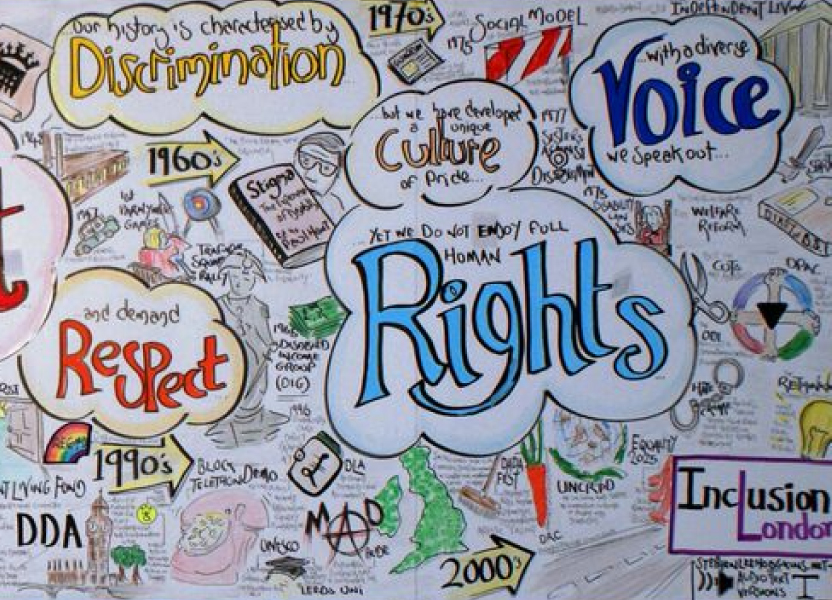
Many organisations are working hard to end discrimination in society.
Inclusion London are one of these organisations.
We work hard to end the discrimination of Disabled people.
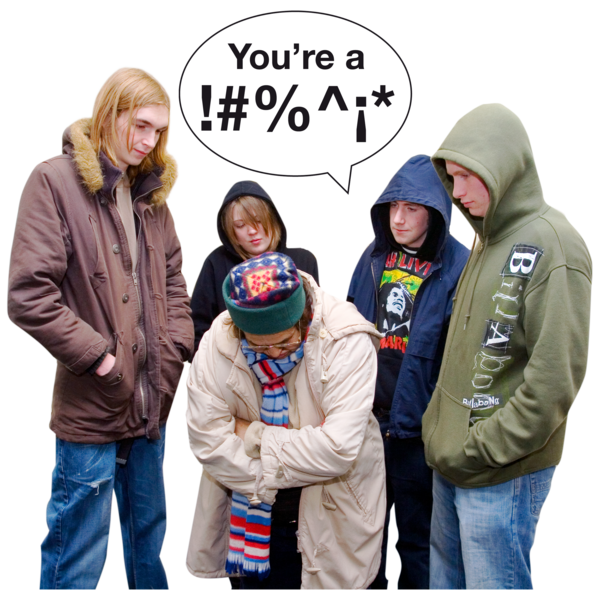
Disabled people are often treated badly by society.
Disabled people are not valued.
Sometimes people treat us as if we are worth less because we are Disabled.
This is not right.
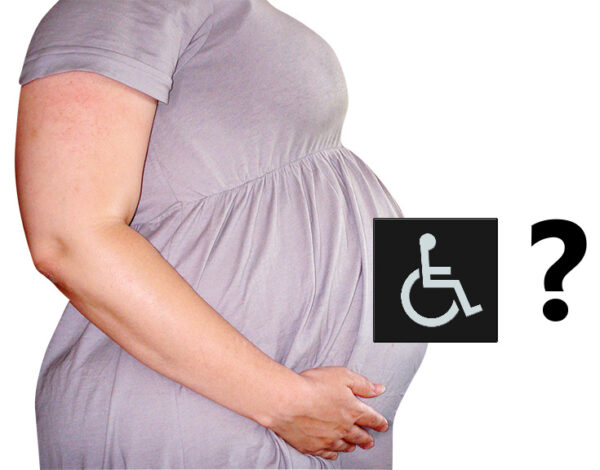
This can also happen when we talk about people’s rights around birth control, pregnancy, abortion, and having children.
Sometimes people are pushed to end their pregnancy because the fetus might have impairments or be Disabled.
This is a type of discrimination.
Fetus and embryo are words used for stages of growth in pregnancy. You will see them in things about abortion rights.
The word embryo is used for the stage just after someone gets pregnant up until 10 weeks later.
The word fetus is used for the stage 10 weeks after someone’s pregnancy started until birth.
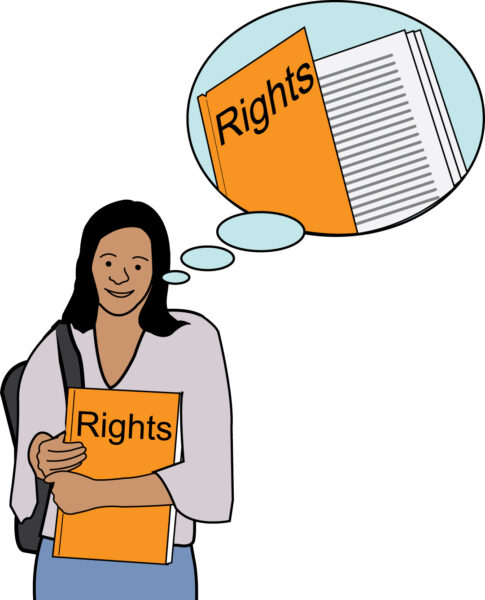
Some Disabled people have their rights to birth control, pregnancy, and abortion taken away from them.
Too often other people decide what is better for Disabled people.
Sometimes they say the Disabled person could not make their own decisions, even when they could with help.
This is discrimination as well.
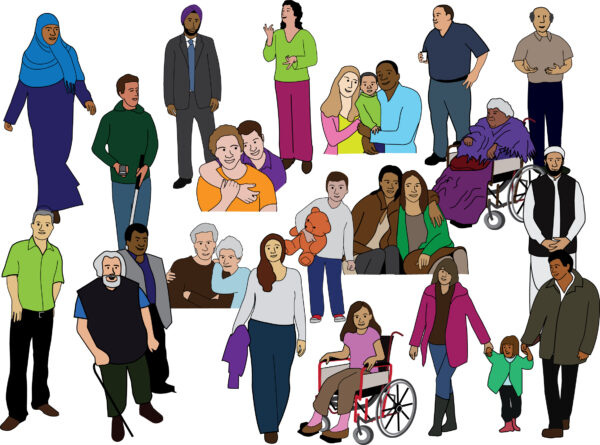
Inclusion London want to see a world where impairment and difference are not treated like a bad thing.
We want diversity and difference to be celebrated.
We want Disabled people to be included and valued.
We want Disabled people’s rights to be respected.
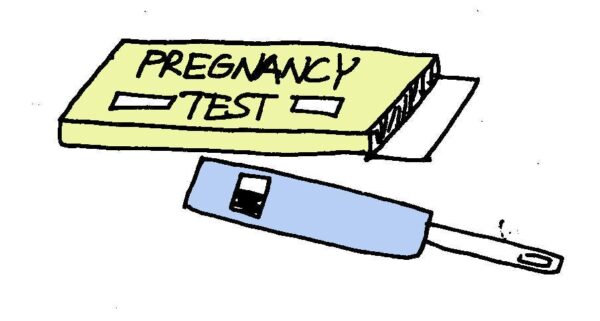
We also think it is important to protect people’s control and rights over their own bodies.
This is important for both non-Disabled people and Disabled people.
Pregnancy and abortion affects both Disabled and non-Disabled people.
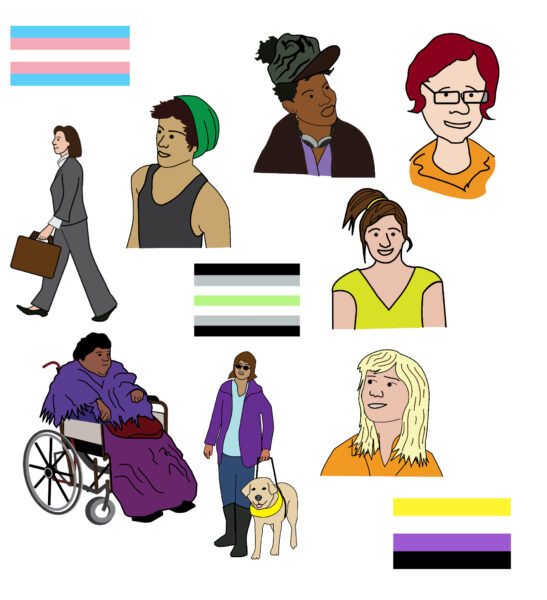
The rights about birth control, pregnancy and abortion affect anyone who can get pregnant.
Many women are affected by it.
Trans men, non-binary people, and some other groups of people can be affected too.
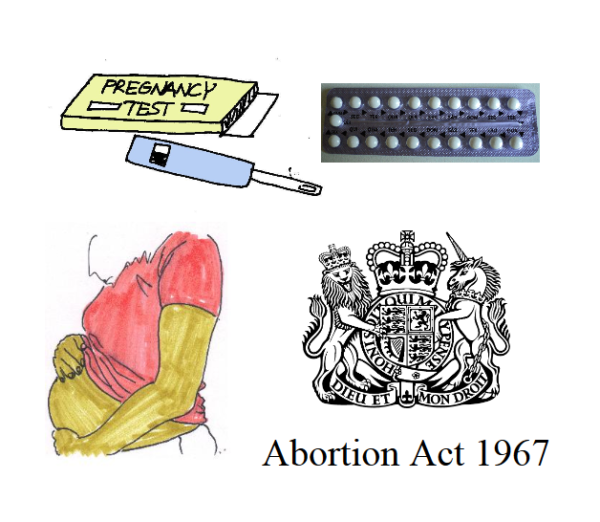
If disability rights take away people’s rights over their body, this is not equality.
It would also take away more rights from Disabled people who can get pregnant.
We think people must keep their rights to make choices about birth control, pregnancy, and abortion.

We do understand why Heidi wants to change the part of the Abortion Act about disabled fetuses.
We understand why she says it is unequal and discrimates against Disabled people.

But, we cannot support this legal action.
We think this legal action could take away people’s rights over their own bodies. It would take away their right to choose.
It would take away many Disabled people’s rights.
Abortion rights can affect women, trans men, non-binary people, and other groups of people.
There are Disabled people in all these groups of people.

We want a society without discrimination.
This has to be a society where everyone can make choices about their body.

It has to be a society where people are not pressured about whether they continue a pregnancy or not.
It has to be a society that supports children with impairments and their families.
But it also has to be a society that supports people who cannot have children and people who choose not to have children.